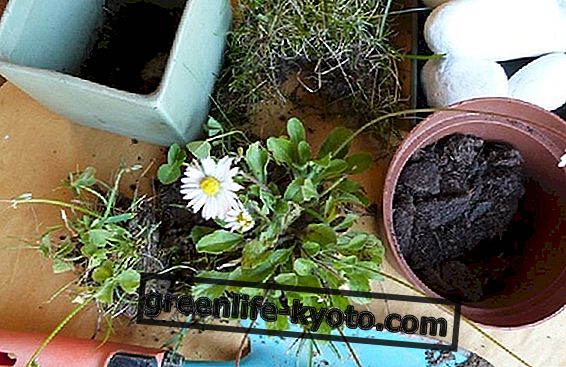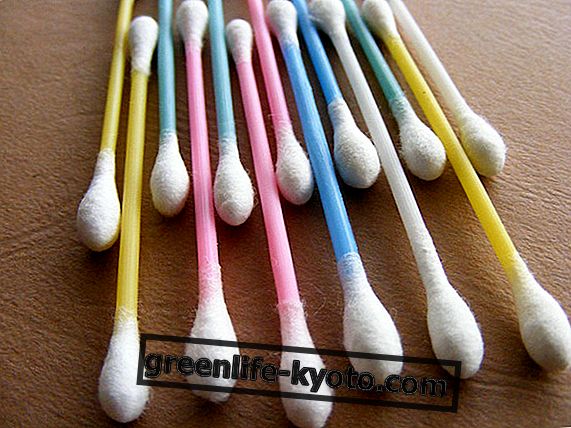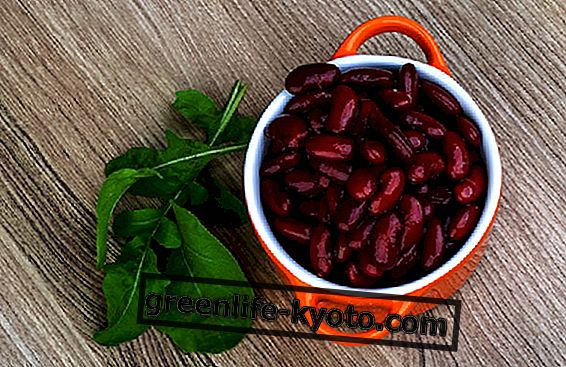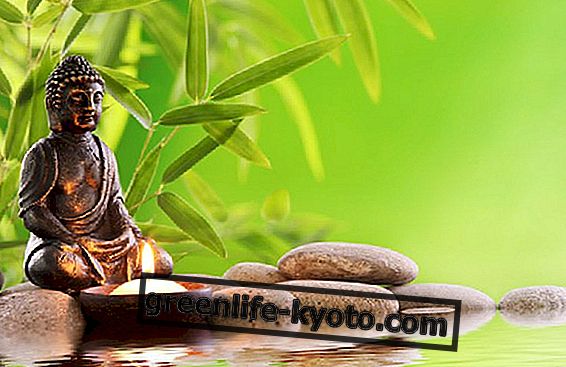
If we look at the properties of Ginkgo Biloba from an analogical point of view we could say that this supplement takes care of the roots of "our plant". But not only! We discover the benefits of this supplement for eye health, but also for other organs.
Ginkgo biloba for the eyes (and not only)
If the roots are well cared for, hydrated, supported and fluidized, the foliage is also healthy. I continue with this analogy that I find very appropriate to introduce the beneficial effects that Ginkgo Biloba exerts on our Central Nervous System thanks to its contribution to blood circulation in the brain.
Ginkgolide B in fact acts on PAF, the aggregating platelet factor, as an antagonist, allowing correct blood fluidity, to prevent forms of atherosclerosis, thrombi and pathologies affecting the cardiovascular system.
Our eyes are directly linked to the health of our heart and its ways : it will have happened to many to be subjected to visits that scrutinize the so-called " bottom of the eye " to understand if there are problems related to forms of severe hypertension, which can going to damage also the visual skills or cause annoying tinnitus.
In the case of initial symptoms of this kind, or completely preventive, Ginkgo Biloba is a remedy that, if used under medical supervision, can effectively help these risk situations.
Many forms of retinopathy, even diabetic, and maculopathies can be helped with this millenary plant, thanks to the presence of flavonoids and terpenoids that elasticize the vessels and retinal systems, stretching out the spasms.
It is able to protect against the onset of glaucoma and, in addition to improving visual and hearing conditions, it is a support for memory, cognitive functions in general and is often prescribed in elderly subjects to prevent Alzheimer's.
The properties of Ginkgo Biloba
The name Ginkgo (Biloba) is of Japanese origin: "Yin-kuo " means golden apricot, adjective " biloba " the shape of the leaf, part used in the herbal field, which appears precisely bilobed.
The leaves are rich in flavonoids with specific antioxidant properties and could not be otherwise since a Ginkgo Biloba plant can live for more than 1000 years.
Contains quercetin, coumaric acid, catechins, proanthocyanidins, terpenes, a synergy against free radicals ; the flavonoids and in particular those mentioned above exert a protective action on the microcirculation, a phlebotonic activity able to soothe the disorders of the peripheral venous circulation.
Contraindications
It is good to take standardized Ginkgo Biloba extracts in which the allergenic substances have been completely removed.
It is not recommended for those who already undergo anti-aggregation pharmacological treatments (such as aspirin for example) because it could inhibit or enhance the effect of the drug causing bleeding, nausea, dizziness, restlessness.
In any case, for this type of natural remedy it is good to rely on the advice of the medic or who will also indicate the correct dosage.













